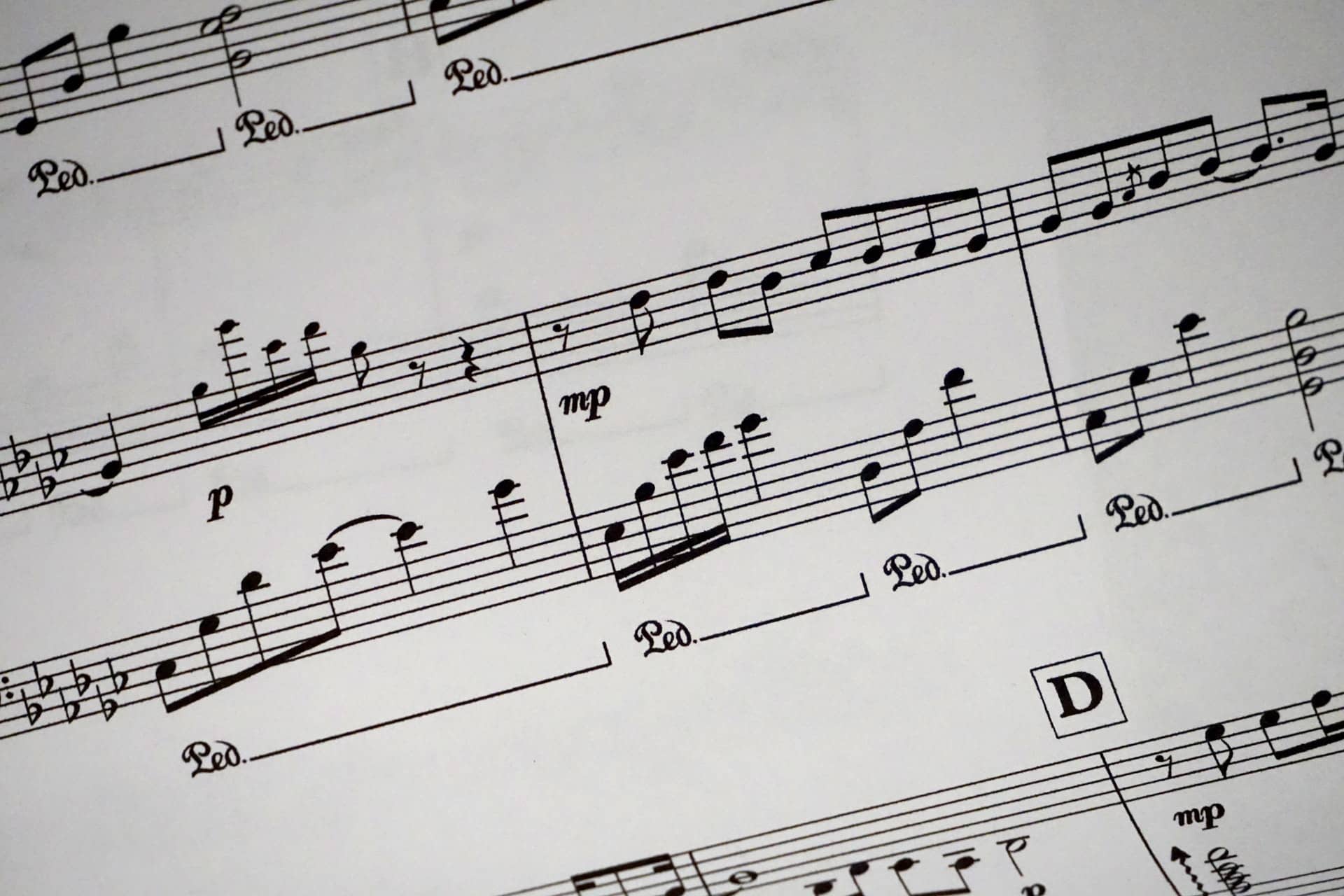If you’ve seen the movie The Music Never Stopped, you know the power music holds over the brain. If you haven’t, and you enjoy dramas, I highly recommend watching it. Based on the true story of a father who hires a therapist that uses music to communicate with his son who has brain damage, it’s incredibly powerful.
While to most of us, listening to music seems leisurely and simple, our brain actually has to do work in order to decipher it. This computing stimulates your brain in an amazing way. Our brains are all different, and the way we decipher melodies can impact our mood in different ways. The song that puts you to sleep might get another person pumped up. From a healthy standpoint, “Research has shown that listening to music can reduce anxiety, blood pressure, and pain as well as improve sleep quality, mood, mental alertness, and memory.”
“Music is structural, mathematical and architectural. It’s based on relationships between one note and the next.” This reference can also be seen in the movie Amadeus, about Mozart, and there is a great scene where Mozart is composing music on paper while leaning over a pool table, staring at the paper as he writes with one hand but sending a pool ball off with the other hand where it bounces off sides of the table and returns precisely to his hand without him ever looking over to it.
Playing music in your home, on your morning walk, or even in your car, benefits your brain health and helps with aging as well – and we actually had an earlier blog on AgingTopic HERE about how music helps with Alzheimer’s patients. Enjoy the research by Hopkins Medicine about keeping your brain young with music

